Since 1998, Praxis has been providing training, technical assistance (TA) and networking opportunities to rural communities working to end violence against women. We receive funding from the Office on Violence Against Women to provide this support for current and potential grantees of its Rural Sexual Assault, Domestic Violence, Dating Violence and Stalking Assistance Program.
 About Rural Grantees About Rural Grantees
You are a rural grantee if your community gets grant funds from the Rural Program of the federal Office on Violence Against Women (OVW). Praxis provides technical assistance to current and potential rural grantees. Currently there are approximately 150 Rural Grantees across the country including tribes and territories.
Show More
Rural grantees are working to implement strategies to protect women and their children who live in diverse locations such as small towns, migrant camps, pueblos, reservations, ranches, mining areas, fishing villages, and farming communities. Some grantees operate in extremely remote areas, some in rural cities, and others are implementing regional or statewide projects. Grantees are a mix of nonprofit advocacy programs, tribal and state governments, law enforcement and prosecution agencies, child protection and other social service agencies, and statewide coalitions and organizations. Projects have been funded to develop or implement advocacy programs, safe shelters, criminal/civil justice coordinated community responses, advocacy and child protection collaborations, public awareness/prevention activities, law enforcement and prosecution projects, and programs that reach specific communities.
Enhancing Technical Assistance to Rural Program Grantees Responding to Violence Against Women: A Report to the Office on Violence Against Women, U.S. Department of Justice
Prepared by Praxis International: Maren Woods, Praxis International, Melanie Shepard, Ph.D., Consultant, Lucy Pope, Ph.D., Consultant; with contributions by Jane Sadusky, Consultant; and Julie Tilley and Janice Wick, Praxis International
 About the Praxis Rural Technical Assistance Project About the Praxis Rural Technical Assistance Project
Rural domestic violence and sexual assault advocates and practitioners face geographic, political, and philosophical isolation in their work to end violence against women. Few trainings and resources about rural problems and strategies have been developed. Praxis organized the Rural Technical Assistance Project to help reduce the sense of isolation by providing peer-to-peer discussion, training and resources that focus on successful rural strategies.
 About the Office on Violence Against Women (OVW) About the Office on Violence Against Women (OVW)
The Office on Violence Against Women, U.S. Department of Justice, was created in 1995 to implement the 1994 Violence Against Women Act (VAWA) and to lead the national effort to stop domestic violence, sexual assault, dating violence, and stalking. Through grantee programs, the Office supports a wide range of services for victims of domestic violence, sexual assault, dating violence, and stalking, including: advocacy, emergency shelter, law enforcement protection, and legal aid.
Office on Violence Against Women
 About the Violence Against Women Act (VAWA) About the Violence Against Women Act (VAWA)
Congress passed the Violence Against Women Act (VAWA) with bipartisan support in 1994. This important piece of legislation contains a broad array of groundbreaking measures to combat violence against women. It combines tough penalties with programs to rehabilitate offenders and also provides assistance to women and their children.
Show More
VAWA was developed by community groups and activists who had been working for many years to provide assistance to the millions of women and children living with and surviving physical, sexual, and emotional abuse in their homes. Passage of the Act was an historic event; it was the first national or international piece of legislation to attempt and fund such a comprehensive range of legal and human service measures that address the issue of violence against women and their children.
VAWA link
This project is supported by Grant #2015-TA-AX-K057 awarded by the Office on Violence Against Women, U.S. Department of Justice. The opinions, findings, conclusions and recommendations expressed on this website are those of the author/presenter(s) and do not necessarily reflect the views of the U.S. Department of Justice.
Comments from
past trainings:
My challenge has always been how to make a small statewide program with limited resources truly statewide. I now have some ideas from which to build a strategic plan thanks to Praxis!
February 23, 2016
I feel privileged to spend time with these incredible leaders in the movement.
February 23, 2016
Encouraged me to expand our focus on the aging population and develop better services and greater awareness for programs that serve the elderly.
February 23, 2016
[The conference] Encouraged me to actively educate myself and not sit back and wait for someone else to act. I will bring Native women's stories into my heart.
February 23, 2016
Challenged [me] to think a little deeper about survivor experiences and how we as advocates share victim/survivor experiences, especially with systems.
February 23, 2016
So nice to have discussion at "advanced" level and challenge my thinking.
February 23, 2016
I learned about how to identify and address issues identified by victims in a more structured and systematic way.
February 23, 2016
This was hands-down the best training I have attended. There was so much useful, practical information put forth. It was a paradigm shift in my thinking about battering. Thanks so much!
February 23, 2016
I really wish this was part of the domestic violence training for all advocates--it's a very important piece. I have been attending DV trainings for 20+ years....this was the best.
February 23, 2016
I loved it!! Excellent information! Very engaging, thoughtful (and challenging) issues. The presentation covered the complexity of a Coordinated Community Response and the multiple variables that need to be considered.
February 23, 2016
Processes of accessing services for Latina culture and the true barriers that exist. The importance of having an interpretation plan in place.
February 23, 2016
"Our role is never to help the legal system manage cases or women's lives--it is to continue to make women's real experiences visible and to make women's safety a goal of legal intervention and the responsibility of the community. We must resist the forces that swallow up social movements and their their transforming agendas."
April 28, 2016
Quote from Ellen Pence, founding director
"Our role is never to help the legal system manage cases or women's lives--it is to continue to make women's real experiences visible and to make women's safety a goal of legal intervention and the responsibility of the community. We must resist the forces that swallow up social movements and their their transforming agendas."
April 28, 2016
|

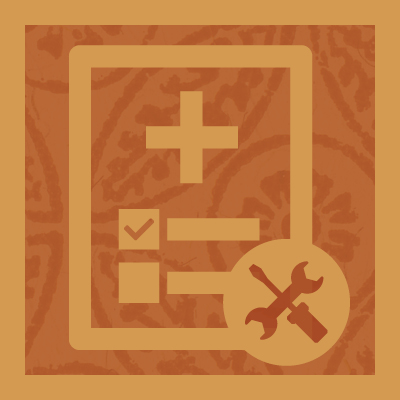


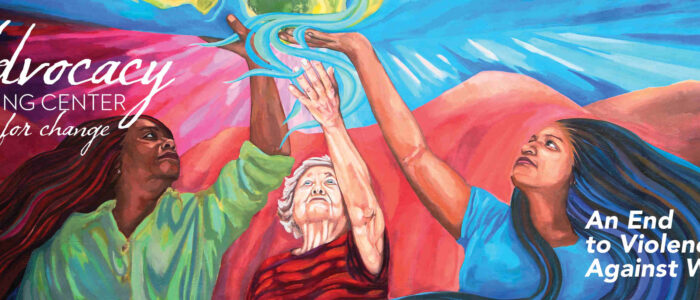
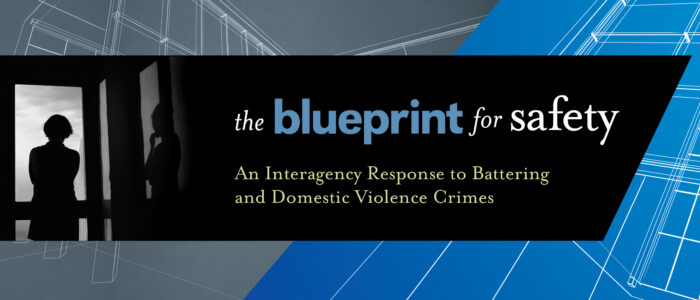
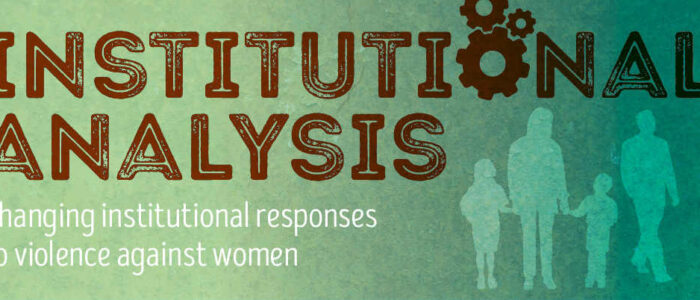
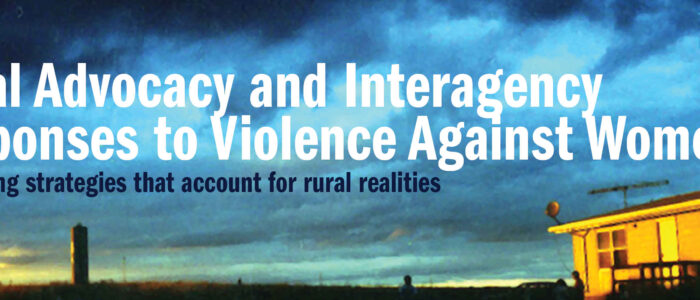

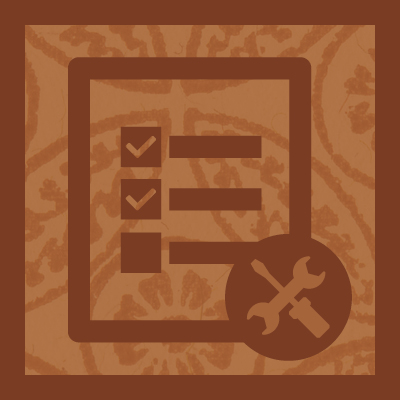



 About Rural Grantees
About Rural Grantees